Product management moves fast. Every day brings new trends, tools, and challenges. To keep up, you have to keep learning. Whether you’re starting out or have been doing this for years, there’s always more to know.
Books are one of the best ways to stay sharp. They give you valuable insights on everything from the basics to new topics like AI. Plus, books help you explore concepts more deeply than a blog or podcast.
This list curates the best product management books out there. Whether you’re brushing up on fundamentals, diving into trends, or honing your leadership style, these reads help you stay ahead.
1. Product management fundamentals
Getting the basics down is critical for any product manager. These five books give you the foundation you need at any experience level.
The Lean Product Playbook by Dan Olsen

Olsen gives a step-by-step guide to building successful products. He walks you through finding product-market fit. The book also explores designing for users and validating ideas before building.
Why it’s relevant: Great for PMs looking for a clear, proven framework to guide product strategy.
The Lean Startup by Eric Ries

Ries introduces the lean methodology and the concept of minimum viable products (MVPs). He shows how to test ideas fast, learn from customers, and iterate without wasting time or money.
Why it’s relevant: A must for PMs who want to launch quickly and improve based on real feedback.
INSPIRED: How to Create Products Customers Love by Marty Cagan

Cagan explains how to build products that solve real problems. He focuses on understanding users, building strong teams, and designing for customer needs. The advice is practical and helps you create products customers love—not just use.
Why it’s relevant: Perfect for PMs who want to create products that customers are passionate about.
Escaping the Build Trap by Melissa Perri

Perri shows how to stop focusing on shipping features and start delivering real value. She explains how to be outcome-driven and make decisions based on customer needs.
Why it’s relevant: Critical for PMs who want to build the right things, not just keep adding features.
Cracking the PM Interview by Gayle Laakmann McDowell and Jackie Bavaro

This book is both a guide to acing PM interviews and a crash course in PM fundamentals. It covers what top companies look for and how to prepare.
Why it’s relevant: Ideal for anyone preparing for PM roles or looking to refresh their core skills.
2. Project management and Agile methodologies
Product managers are often project managers, too. You need to coordinate teams, track progress, and deliver products on time. These books will help you do that better.
Making Things Happen: Mastering Project Management by Scott Berkun

Drawing on his time at Microsoft, Berkun offers practical advice on managing complex projects. He covers topics like communication, decision-making, and handling constraints, all with real-world insights. The book is full of actionable tips to keep projects on track and teams motivated.
Why it’s relevant: Great for PMs handling complex projects. It will help sharpen your management skills and improve outcomes.
Scrum: The Art of Doing Twice the Work in Half the Time by Jeff Sutherland
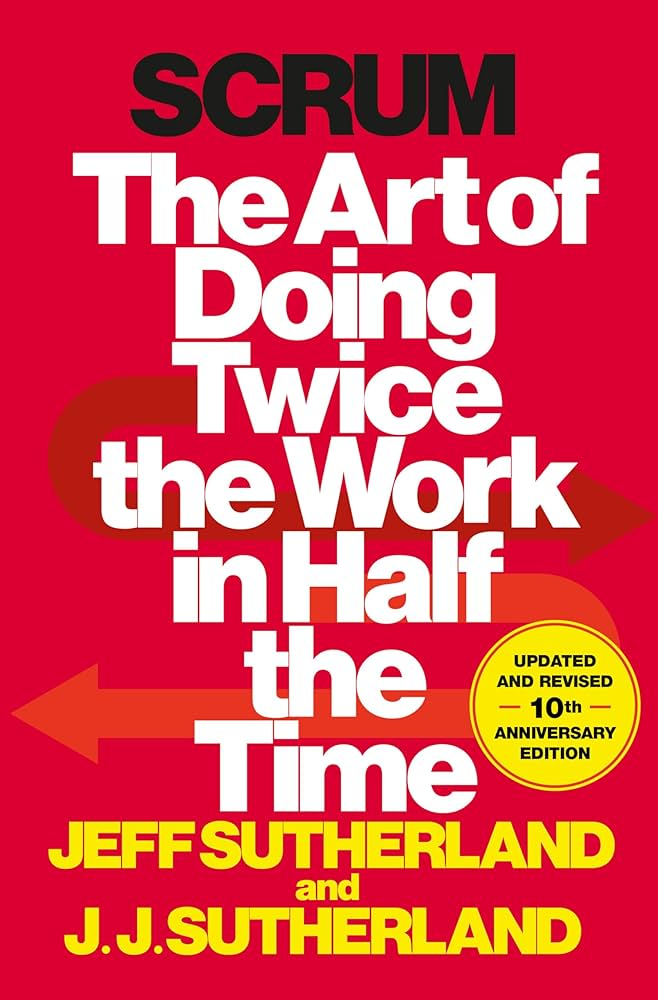
Sutherland explains how to use this Agile framework to boost team productivity. He breaks down the principles of Scrum and shares real-life examples. It explores Scrum’s focus on transparency, team accountability, and continuous improvement.
Why it’s relevant: Perfect for PMs working in Agile teams. Learn how to streamline workflows, increase efficiency, and get better results.
Agile Estimating and Planning by Mike Cohn
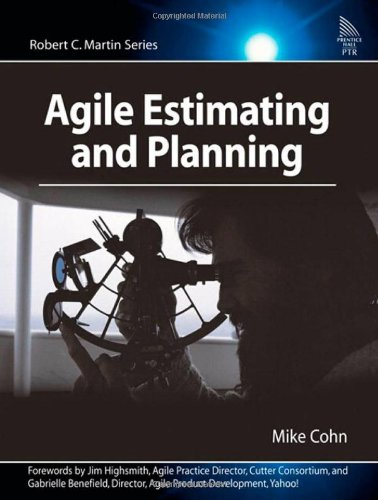
Cohn dives into how to plan and estimate work in Agile. He explores how to keep things flexible while hitting deadlines.
Why it’s relevant: Ideal for PMs who want to improve accuracy and delivery in Agile settings.
Sprint: How to Solve Big Problems and Test New Ideas in Just Five Days by Jake Knapp
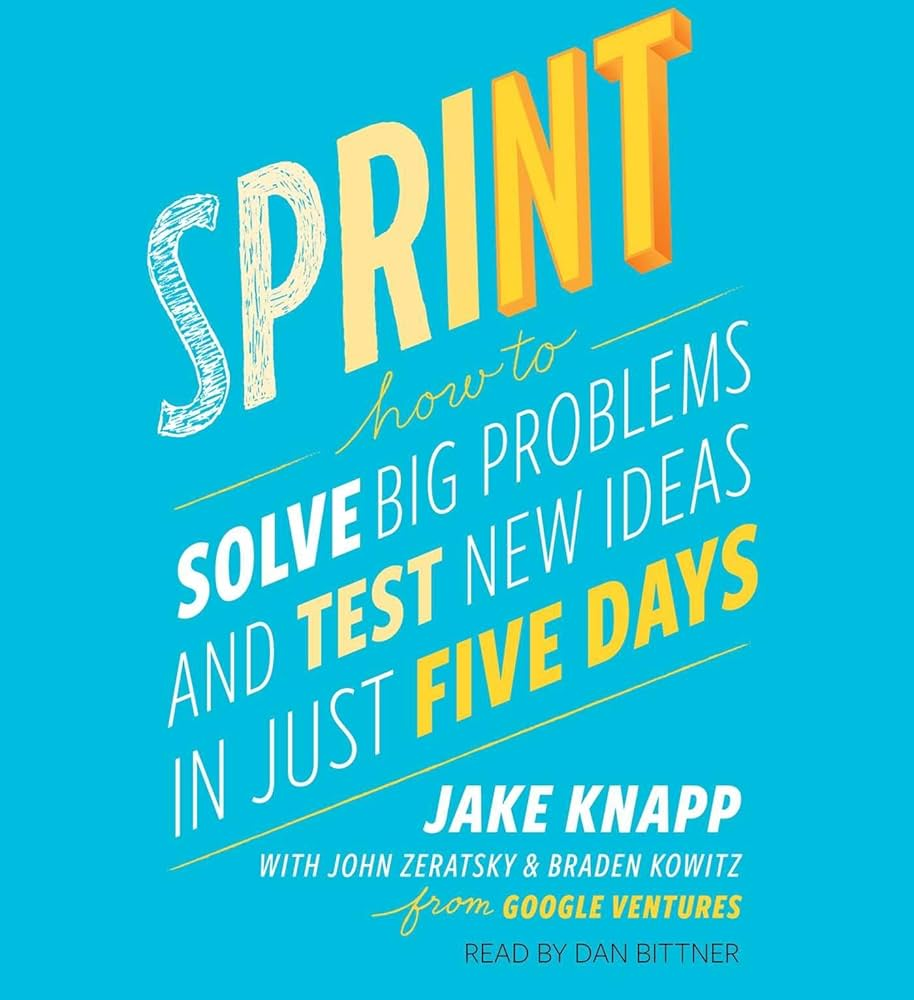
Developed by a team at Google Ventures, the Sprint process is a five-day process to solve big problems and test ideas quickly. Knapp outlines how teams can create prototypes and get feedback within a week. This approach minimizes risk and maximizes learning. It’s designed for fast-paced teams looking to validate ideas before committing resources.
Why it’s relevant: Ideal for PMs who need a structured, rapid approach to problem-solving. Learn how to test ideas with real users before making big decisions.
3. Product metrics and analytics
Data drives smart product decisions. These books will help you understand what metrics matter and how to use them to improve your product.
Lean Analytics by Alistair Croll and Benjamin Yoskovitz
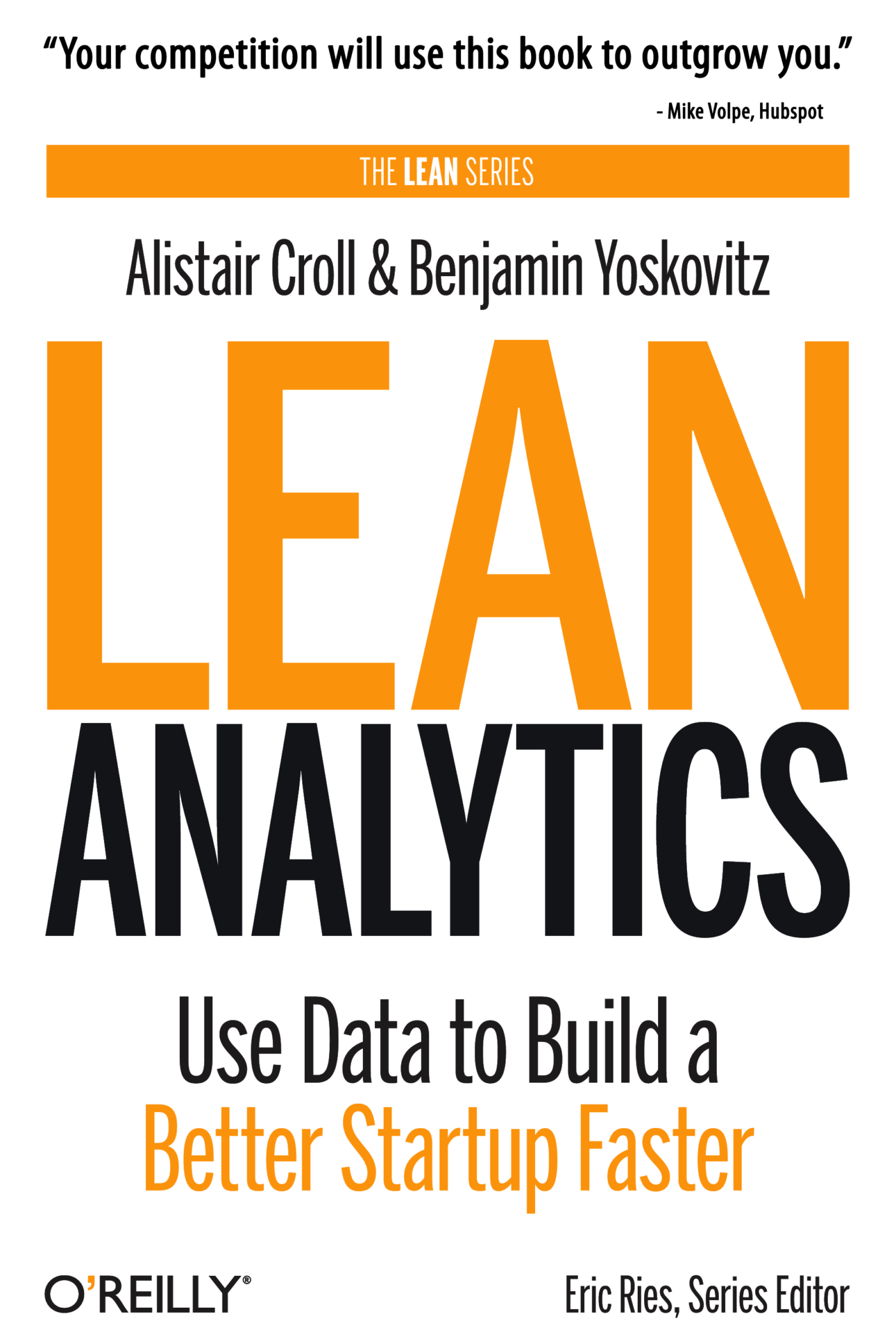
This book shows how to find the key metrics that drive your product’s growth. The authors explain how to track the right data, make better decisions, and pivot when needed. They offer clear frameworks to focus on what really matters.
Why it’s relevant: Great for PMs who want to be data-driven, track the right metrics, and make smarter decisions.
Outcomes Over Output by Josh Seiden
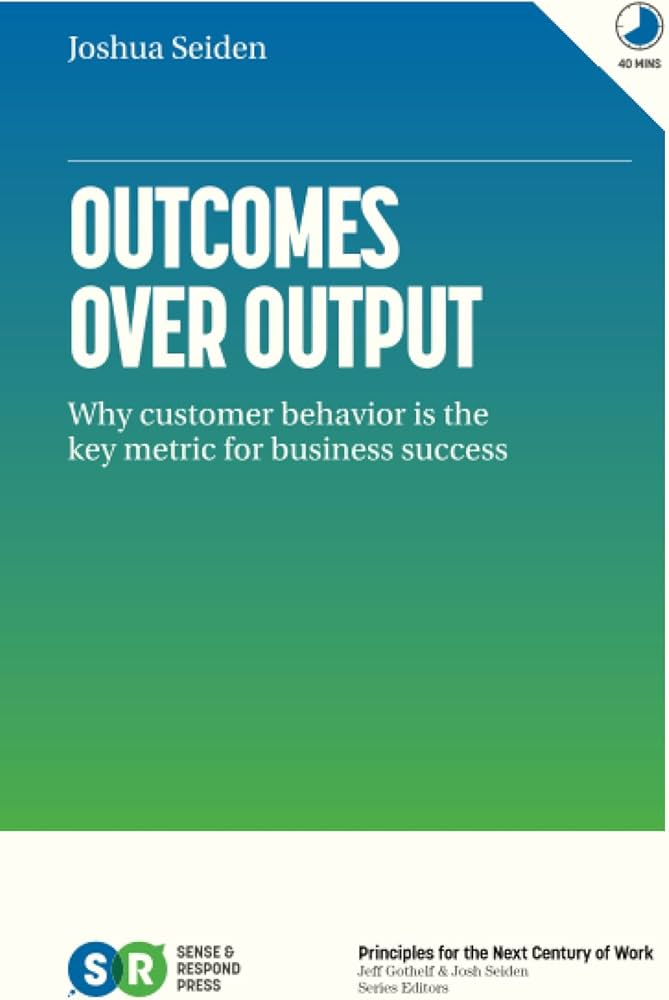
Focus on the results their products create for users, not just shipping features. Seiden explains how to connect product success to what users actually do. The book helps shift teams from simply delivering features to creating real value.
Why it’s relevant: Crucial for PMs who want to use data to drive meaningful impact.
4. Customer research and understanding
Knowing your customers is key to building the right products. These books will help you gather actionable insights and make better decisions.
The Mom Test by Rob Fitzpatrick
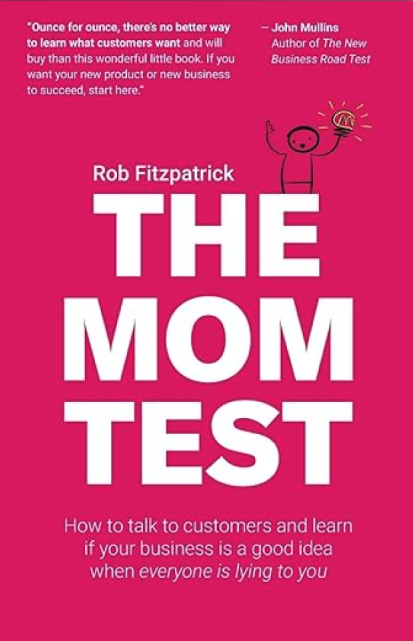
Fitzpatrick shows how to ask the right questions during customer interviews. He explains why asking leading questions like “Do you think this is a good idea?” can lead to bad feedback. Instead, he teaches how to get honest answers by framing questions the right way. This helps PMs avoid polite responses and get real insights.
Why it’s relevant: Helps PMs avoid getting back feedback and uncover what customers really think.
Lean Customer Development by Cindy Alvarez
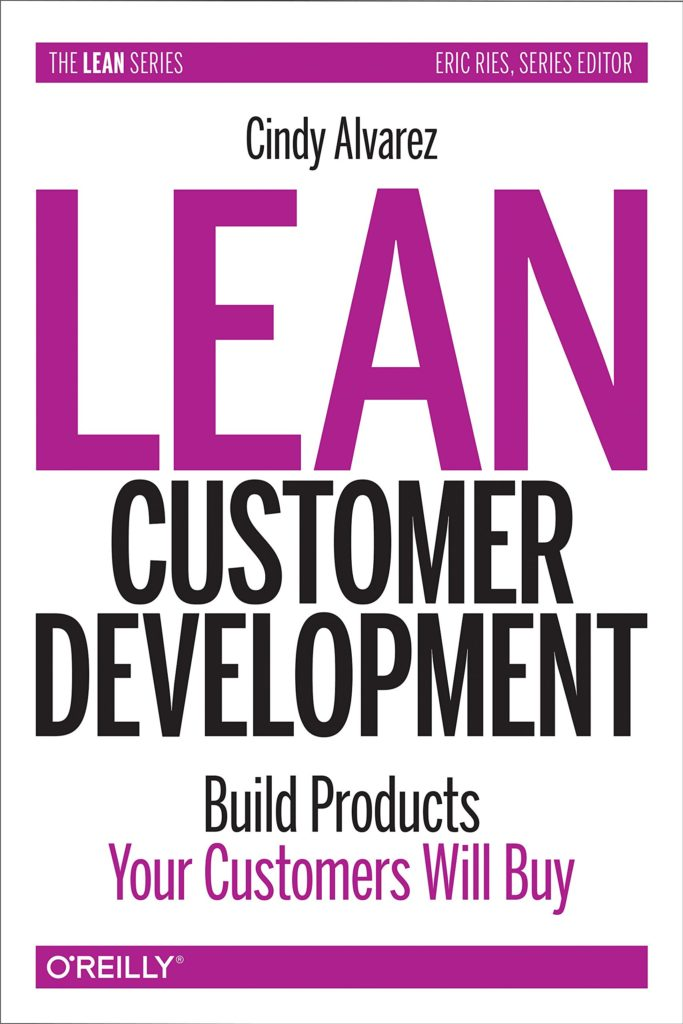
Alvarez gives a step-by-step process for customer discovery. She explains how to validate ideas by talking to customers early on. This method works at any stage of development. It’s about making sure you’re solving the right problems before you build.
Why it’s relevant: Great for PMs who need a clear approach to understanding their market and testing ideas early.
Continuous Discovery Habits by Teresa Torres
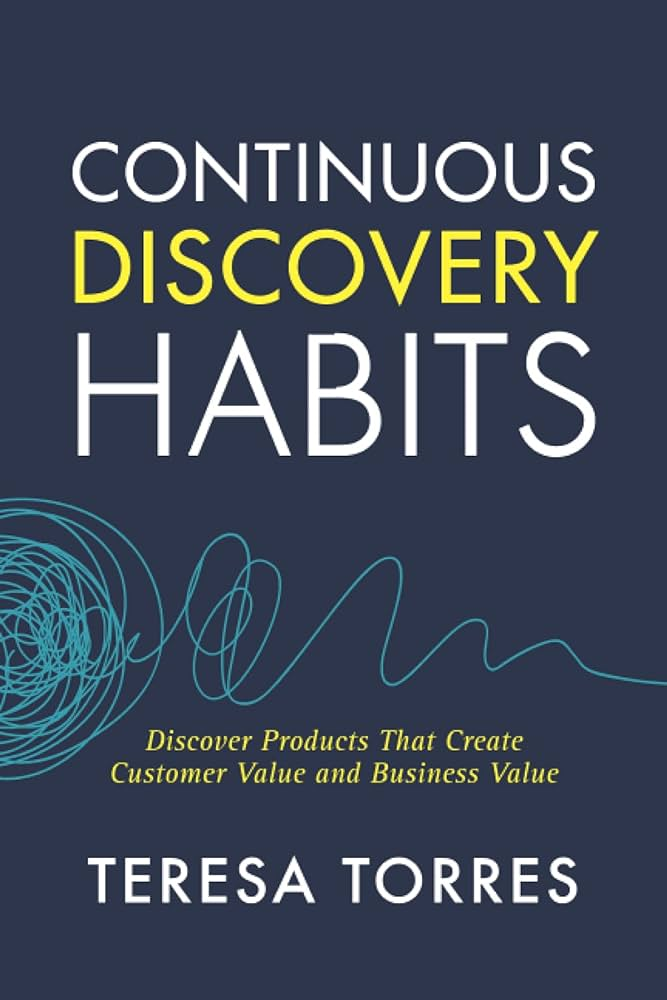
Torres shows how to make customer discovery part of your daily process. Instead of gathering feedback once in a while, you should keep talking to users regularly. This helps PMs stay close to customer needs and improve products over time.
Why it’s relevant: Ideal for PMs who want ongoing customer feedback to guide decisions and improve continuously.
5. UX and UI design for product managers
Great products need a great user experience. These books help PMs understand UX and UI principles and work better with design teams.
Don’t Make Me Think by Steve Krug
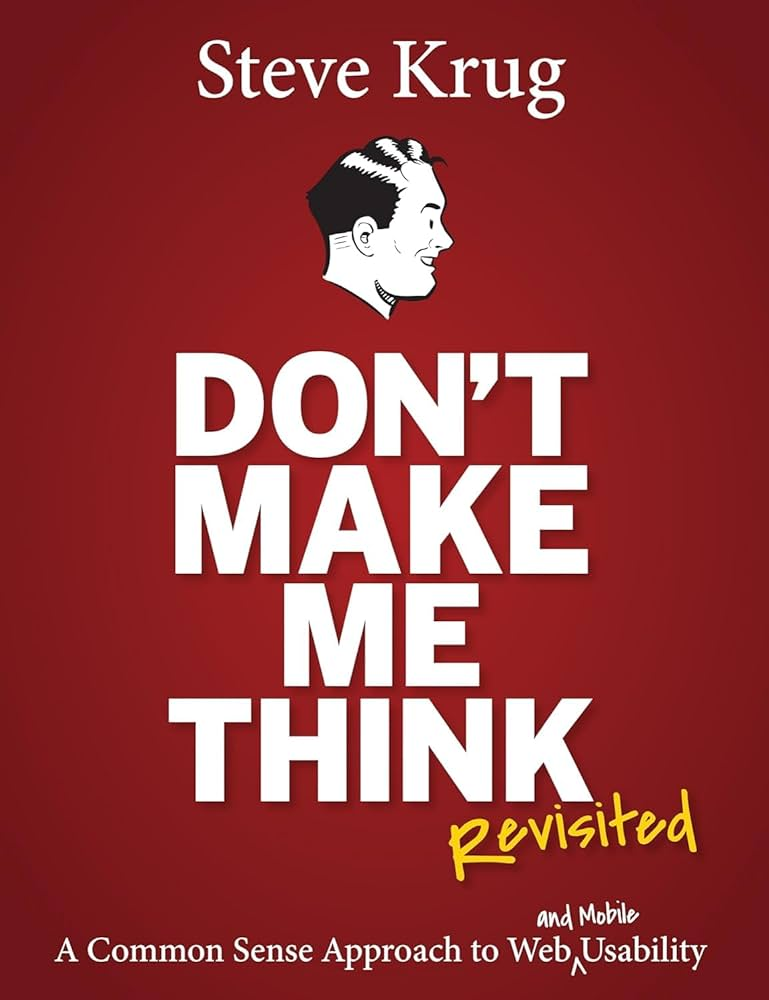
Krug simplifies usability and shows how to create designs that are intuitive and easy to navigate. He uses real examples to break down what makes a product user-friendly. The book helps PMs see how users interact with products and how to make that experience seamless.
Why it’s relevant: A must-read for PMs working closely with designers to build intuitive products.
The Design of Everyday Things by Don Norman
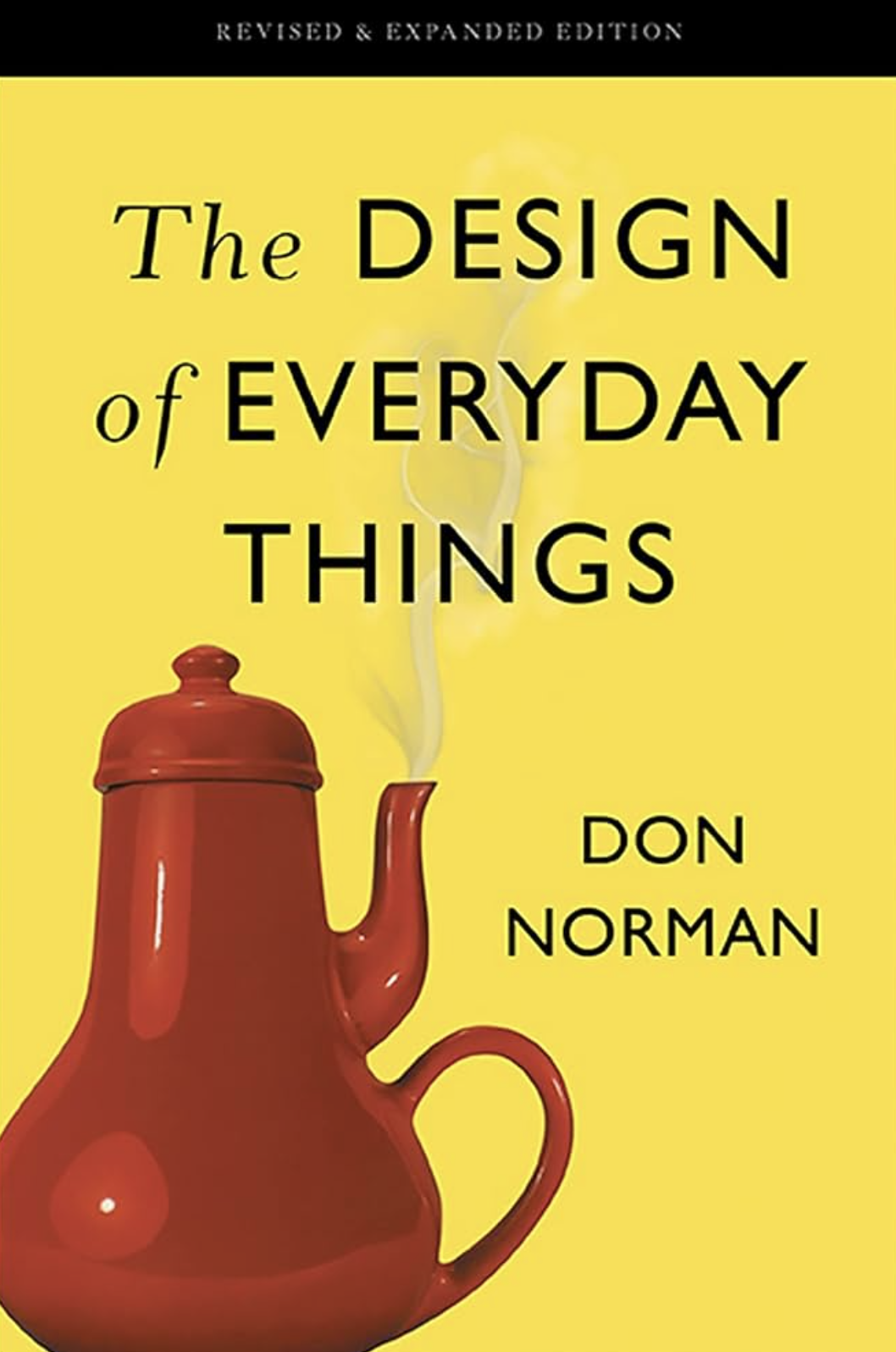
Norman explores how people interact with products and how design impacts usability. He shows how small design choices can make a product easy or frustrating to use. This book explores why certain designs work and how to make products user-friendly.
Why it’s relevant: Essential for PMs who want to learn the basics of user-centered design. Great for understanding how people think when they use products.
Lean UX by Jeff Gothelf and Josh Seiden

Gothelf and Seiden explain how to blend Agile development with UX design. They gives practical tips for PMs and designers to collaborate better in fast-paced environments. The book shows how to build and iterate quickly while focusing on good user experiences.
Why it’s relevant: Ideal for PMs in Agile teams who need to balance design and development without slowing down.
6. Leadership and soft skills
PMs lead teams and collaborate across departments. These books will help you build leadership and communication skills.
Product Leadership by Richard Banfield, Martin Eriksson, and Nate Walkingshaw
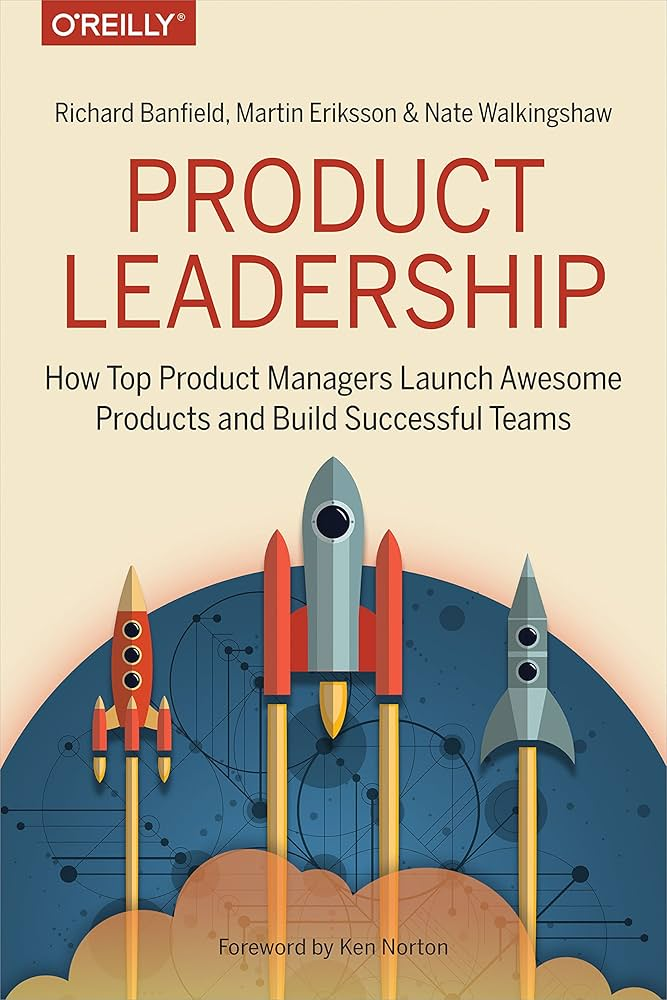
This book shares advice from top product leaders on how to build strong teams and launch successful products. It covers how to manage teams, create a product culture, and drive collaboration. PMs will learn practical strategies for leading teams and delivering great products.
Why it’s relevant: Perfect for PMs stepping into leadership roles. Also great for improving team management.
The Product Mindset by David DeWolf and Jessica Hall
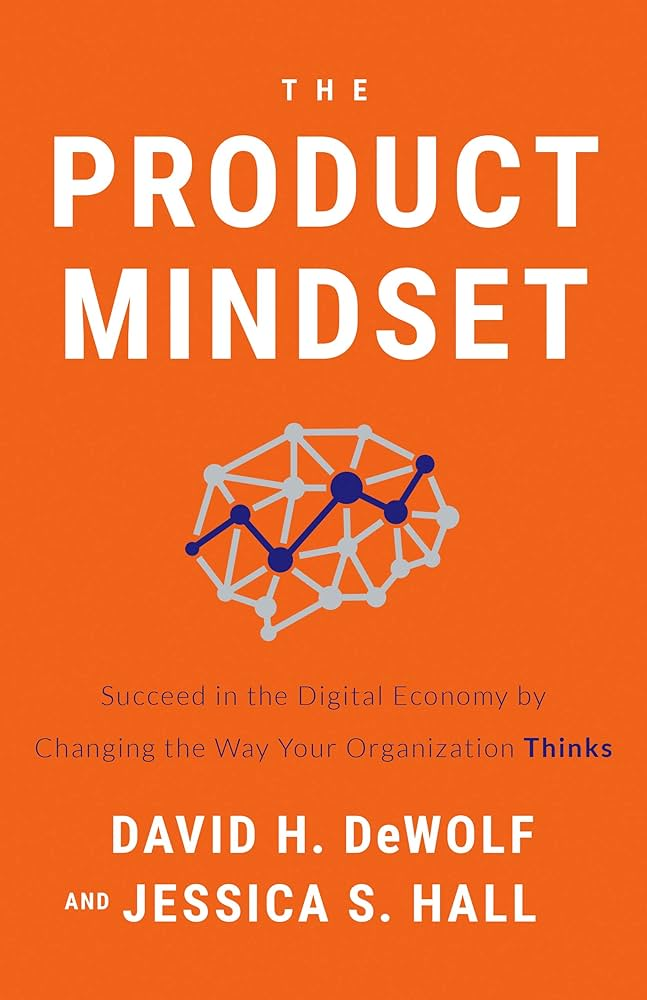
DeWolf and Hall focus on the mindset needed to build innovative products and lead high-performing teams. The book shows how leadership decisions impact product quality and team success. It helps PMs shift from a tactical approach to one that aligns with long-term goals.
Why it’s relevant: Great for PMs looking to align their leadership style with product success.
Radical Candor by Kim Scott
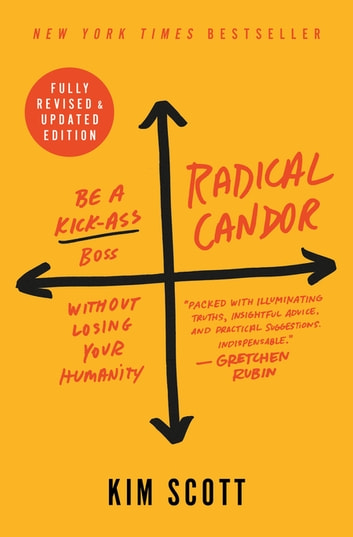
Scott explains how to give direct, honest feedback while still caring for your team. She shows how to balance kindness with clear communication to build trust and improve team performance. The book teaches PMs how to foster open, respectful conversations across teams.
Why it’s relevant: Crucial for PMs who need to build trust and open communication in their teams.
7. Innovation and disruption
Innovation is key to staying ahead. These books will help you think outside the box and embrace market disruption.
Innovation keeps you ahead of the competition. These books help you think creatively and embrace market disruption.
The Innovator’s Dilemma by Clayton Christensen
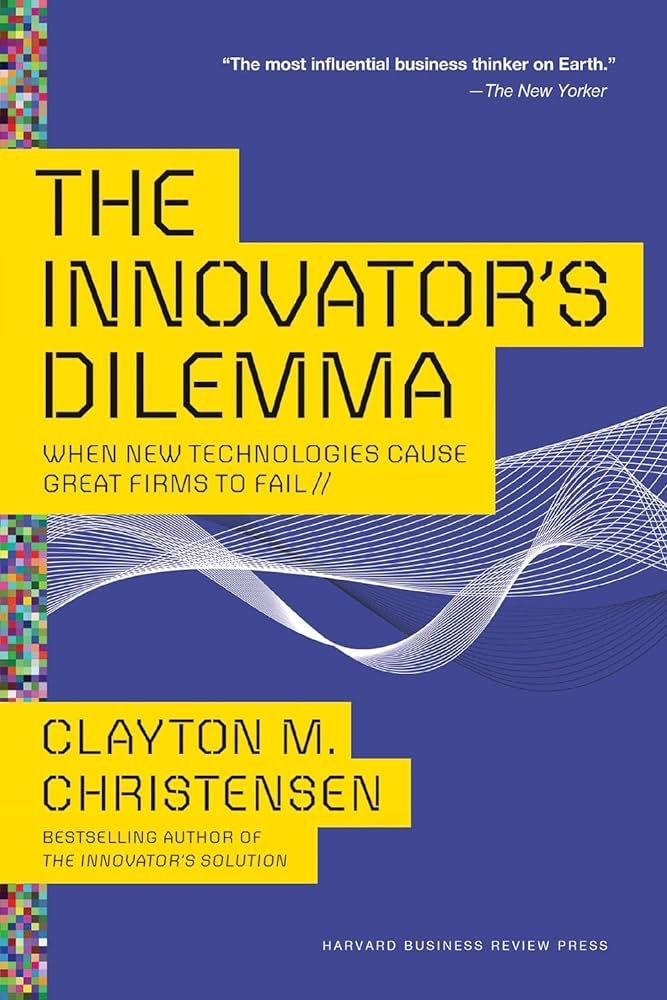
Christensen shows why big companies often miss out on disruptive innovation. He explains how smaller companies take risks on new ideas that larger ones ignore. The book highlights why sticking to what made you successful can lead to failure when markets change.
Why it’s relevant: Important for PMs to understand disruption and stay ahead by embracing new opportunities.
Blue Ocean Strategy by W. Chan Kim and Renée Mauborgne
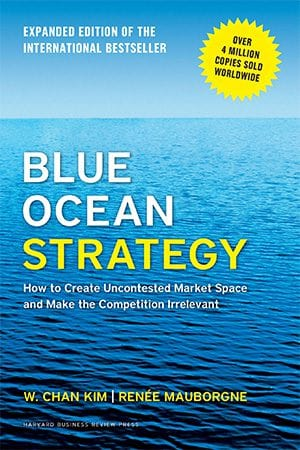
Kim and Mauborgne offer strategies to break out of crowded markets by creating new, uncontested spaces. They explain how to stop competing in saturated markets. Instead, start innovating in “blue oceans” where competition is irrelevant.
Why it’s relevant: Great for PMs who want to build unique products and drive innovation in less crowded markets.
The AI Product Manager’s Handbook by Irene Bratsis
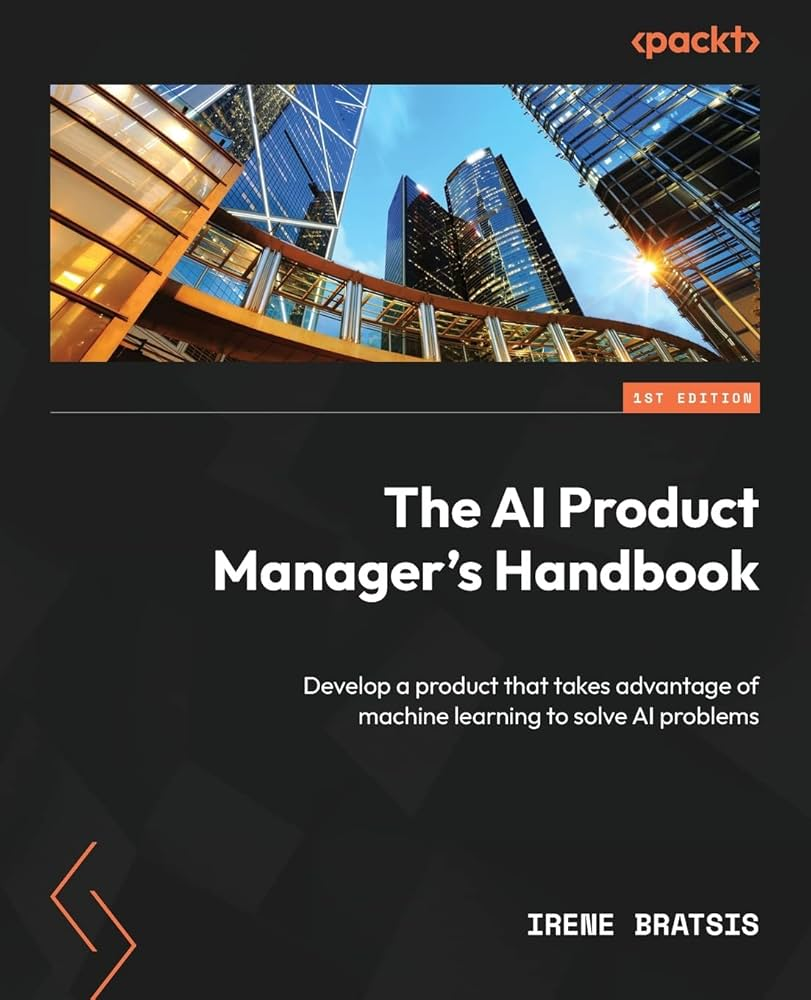
Bratsis breaks down how PMs can build AI-driven products, even without a technical background. She explains how to work with AI teams and translate business goals into AI projects. The book offers a practical guide for bringing AI solutions to market.
Why it’s relevant: Essential for PMs who want to work with AI and need a clear, practical roadmap for success.
Keep learning and stay ahead in product management
Product management is always evolving, and even the best PMs know there’s always more to learn. The books we’ve explored here can help you learn about most skills you might want to develop. That includes leadership skills, deepening customer insights, exploring new technologies, and more.
The key is to keep growing and applying new ideas to continue driving success for your products and teams.
Happy reading!
Did we miss any books you think we should cover? Please let us know!






